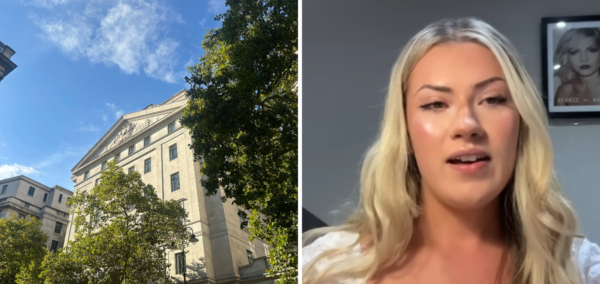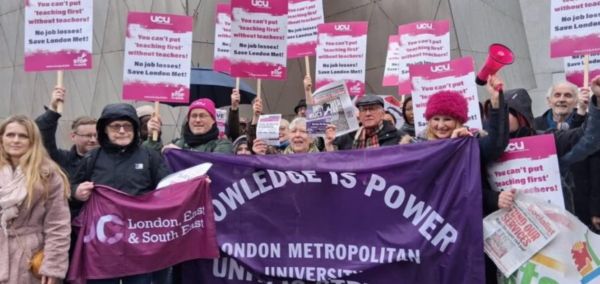
‘Short-sighted and unsustainable’: SU officers and students speak out on tuition fee rise
There will be a £285 increase from September next year
Both University of Sheffield Students’ Union officers and students have spoken out over the government’s plan to increase tuition fees.
The plan, announced by Education Secretary Bridgette Phillipson on Monday, will see undergraduate tuition fees rise from £9,250 to £9,535 from September 2025.
In a joint statement, the University of Sheffield Students’ Union President Daisy Watson and Education Officer Maria Jose Lourido Moreno called the changes “short-sighted and unsustainable”.
They said: “The rise in tuition fees will discourage those from unconventional backgrounds from attending university and will hit low-income and underrepresented communities the hardest. Education should be free, students should be financially supported and any other alternative causes universities to become elitist institutions rather than a place to grow and learn.
“When an education system operates as a business, students are treated as consumers instead of valued as passionate learners – forgetting that education is vital in building a better future. Everyone deserves a space to develop, learn and seek passions, without financial constraints attached.”
The statement also highlighted how the current cost of living is simultaneously impacting students, citing an October 2023 report by the Higher Education Policy Institute (HEPI) and student accommodation charity Unipol which indicated the average university student is left with only 50p per week from their maintenance loan after their rent has been paid.
The government has said that maintenance loans will also increase in the next academic year – by £317 per year for students living away from home and studying outside of London.
The statement added: “The rise in tuition fees along with the increasing cost of living, means that students filled with potential and passion for their subjects will not have access to higher education solely due to finances. That is unacceptable.
“Our students should not have to pay out of pocket or feel crushed under further debts. There should be investment in our loans and grants, our lecturers and academics, our facilities and support services, and our education systems by the government. Education should not be a privilege. It should be a public entity supported, funded and upheld by our government.”
They also claimed a three per cent corporation tax on the UK’s largest companies would “raise enough funding” to offer free education for UK undergraduate students.
“Instead, the government has decided to charge students, not corporations. Funding education, and making it free at the point of entry is a political choice.
“Denying this option is also a political choice, and one our government has made. We deserve an education system that is well-funded, free at all levels and treated as a public good. That future is a few political decisions away.”
The Sheffield Tab also spoke with students on campus about their views on the changes.

Zack Hughes (left), Max Morris (right)
Second-year student Max Morris told us: “I think it’s very disappointing for young people because a lot of young people would have voted for young people in this general election.
“He’s previously campaigned to abolish tuition fees, now he’s gone the other way – it just reinforces that young people have no trust in politicians.”
Zack Hughes, added: “I think it’s outrageous. They’re high enough already, and I think what’s the point in pledges if you’re not going to follow-up on them.”
According to Student Loan Company (SLC), the average graduate debt in England is currently £44, 940.

Hannah Lawson (left), Anna Waldron (right)
Hannah Lawson, 20, said: “I don’t think it’s very fair. I think they’ve gone up a bit too much and we’re already paying so much money and we already have to pay so much money back as well.”
Anna Waldron, 19, added she felt students “have to pay so much for what we actually get”.
“I don’t think it’s in line with what we actually get out of uni,” she said.
Explaining the reasons behind the changes, Education Secretary Bridget Phillipson said on Monday: “This government’s mission is to break down barriers to opportunity, which is why we are doing more to support students struggling with the cost of living despite the fiscal challenges our country faces.
“The situation we have inherited means this government must take the tough decisions needed to put universities on a firmer financial footing so they can deliver more opportunity for students and growth for our economy.
“Universities must deliver better value for money for students and taxpayers: that is why this investment must come with a major package of reforms so they can drive growth around the country and serve the communities they are rooted in.”
Featured image: Bridget Phillipson ©House of Commons





















